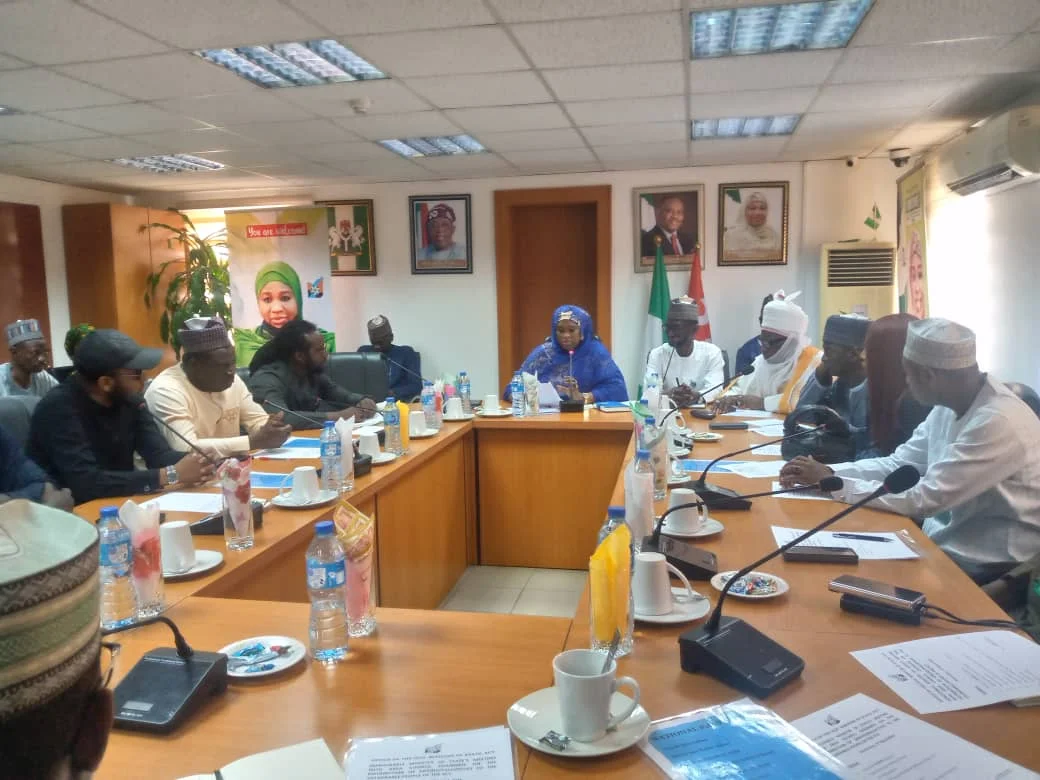Business
NNPC Faults NEITI’s Claim Over Subsidy Payments
The Nigerian National Petroleum Corporation (NNPC), in Abuja, on Wednesday, denied deducting money in respect of subsidy from the federation account. On January 17, the Chairman of Nigerian Extractive Industries Transparency Initiative (NEITI), Prof. Assisi Asobie, accused the NNPC of deducting money from the federation account.
Group Managing Director of the NNPC, Austen Oniwon, made this clarification at an investigative hearing organised by the House of Representatives ad hoc committee on the management of fuel subsidy regime. He said that the Act establishing the corporation allowed it to deduct money before paying same into the federation account.
“We don’t take money from the federation account and we do not intend to take money from the federation account. We only deduct what is authourised by the Petroleum Products Pricing Regulatory Agency (PPPRA).’’
Oniwon said that subsidy payment shot up due to the increase in price of crude oil in the international market and the worsening value of the Naira against the dollar.The NNPC boss said that N1.5 trillion was expended on subsidy for more than six years. He said that the total money paid to the corporation up to August 2011 stood at N673 billion, while it supplied more than 46 billion litres of petrol during the period.
On the N46 billion duties owed the Nigeria Customs Service, Oniwon said that the corporation would reconcile with the service. He said that the Turn Around Maintenance (TAM) of the Port Harcourt refinery would commence in October, while those of Warri and Kaduna would commence in 2013.
“Discussion is ongoing with the original builders of the three refineries.”
Oniwon said that the corporation would provide the fund for the project, saying that the money would not come from the federation account. He said that if the rate of pipeline vandalism is not addressed, it would be difficult for the corporation to serve Nigerians with petroleum products.
“Unless refineries are protected, we will continue to talk about subsidy.”
The Executive Secretary of the PPPRA, Reginald Stanley, said that the agency was not involved in the payment of subsidy to marketers.
He explained that the Agency only monitored the supply of petroleum products to ensure that accurate volume was supplied.
Stanley said the agency did not finance all imported items for the NNPC, as guidelines used for other importers were not used for the corporation.
He noted that PPPRA had challenges in paying marketers, which often times resulted to scarcity of petroleum products.
“There must be proper mechanism put in place to ensure prompt payment to marketers.’’ According to him, there is a need to put modalities in place to check scarcity of petroleum products in the country. Stanley maintained that there was need for a strategic fuel reserve in the country that was capable of sustaining the consumption rate of Nigerians for a month in case of crisis.
Business
NCDMB Tasks Media Practitioners On Effective Reportage

Business
FCTA, Others Chart Path To Organic Agriculture Practices

The Federal Capital Territory Administration (FCTA) and other stakeholders have charted path to improved organic agriculture practices nationwide.
At a 2024 national organic and agroecology business summit held recently in Abuja, stakeholders took turn to speak on the additional areas of promoting the practices.
The Mandate Secretary, FCT Agriculture and Rural Development Secretariat (ARDS), Lawan Geidam, advocated for sustainable practice to develop resilient food systems that will benefit people.
The event, with the theme,”Towards Policies for Upscaling Organic Agroecological Businesses in Nigeria”, is aimed at fostering growth in the organic agriculture sector.
Geidam, who was represented by the Acting Director, Agric Services, in the Secretariat, Mr. Ofili Bennett, emphasised the success of organic and agroecological farming, reling on the active involvement of farmers, businesses and consumers.
He reassured attendees that the FCT Administration, led by the Minister, Nyesom Wike, and Minister of State, Dr. Mariya Mahmoud, remains dedicated to supporting initiatives that enhance the livelihood of residents.
Geidam described the partnership between the Secretariat and the organic and Agroecology initiative for a monthly exhibition and sale of organic products in the FCTA premises as a testament to this commitment.
“The ARDS remains committed to driving policies and initiatives that align with national goals and global standards”, Geidam said.
On her part, the Chairperson of Organic and Agroecology Initiative, Mrs. Janet Igho, urged residents to embrace healthy eating habits to sustain a good lifestyle. She stressed the importance of adopting organic practices, highlighting the benefits of going organic, growing organic and consuming organic products.
Igho expressed her optimism regarding the Agricultural Revival Programmes as articulated in President Bola Ahmed Tinubu’s “Renewed Hope Agenda”, which aims at fostering food and nutrition security.
She also extended her gratitude to ARDS for graciously allocating a space in the FCTA premises for the exhibition and sale of organic products, noting that the platform has been effectively used to advance the promotion of organic agriculture in FCT.
Igho outlined several benefits of organic agriculture which includes improved soil health, increased biodiversity, availability nutritious and healthy food and a reduced carbon footprint.
Stakeholders at the summit, underscored the critical need for enhanced private sector involvement and robust capacity building initiatives for farmers.
They highlighted the importance of implementing supportive policies to foster the growth of the organic agriculture sector.
In the light of the significant challenges facing Nigeria’s agricultural landscape, stakeholders decided that organic agricultural practices present sustainable solutions and a pathway for a more resilient and productive farming systems.
The three-day summit featured exhibitions showcasing organic foods, fruits, vegetables and fertilizers, providing an opportunity for residents to better appreciate the benefits of production and consumption of organic agricultural products.
Business
Dangote Refinery Exports PMS to Cameroon


